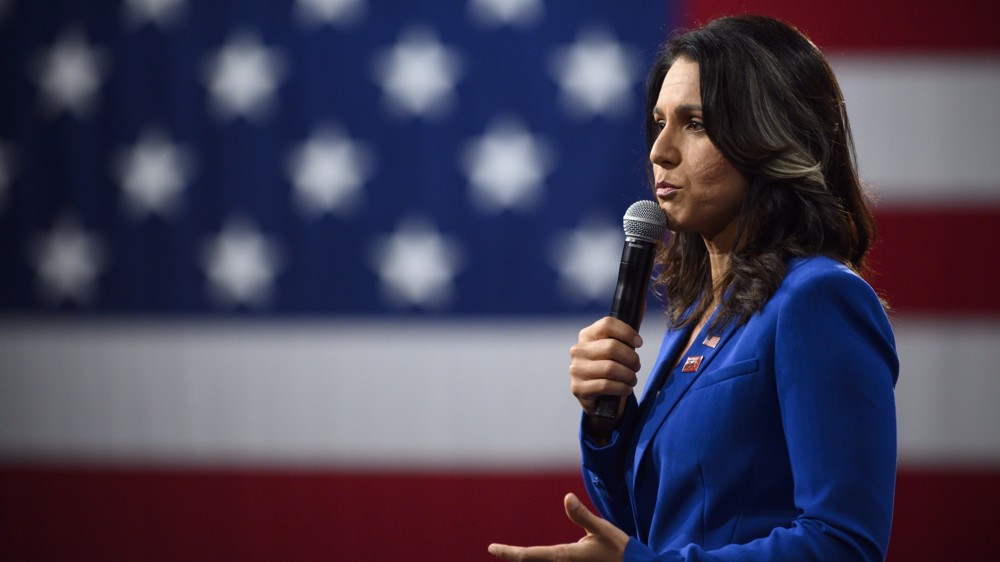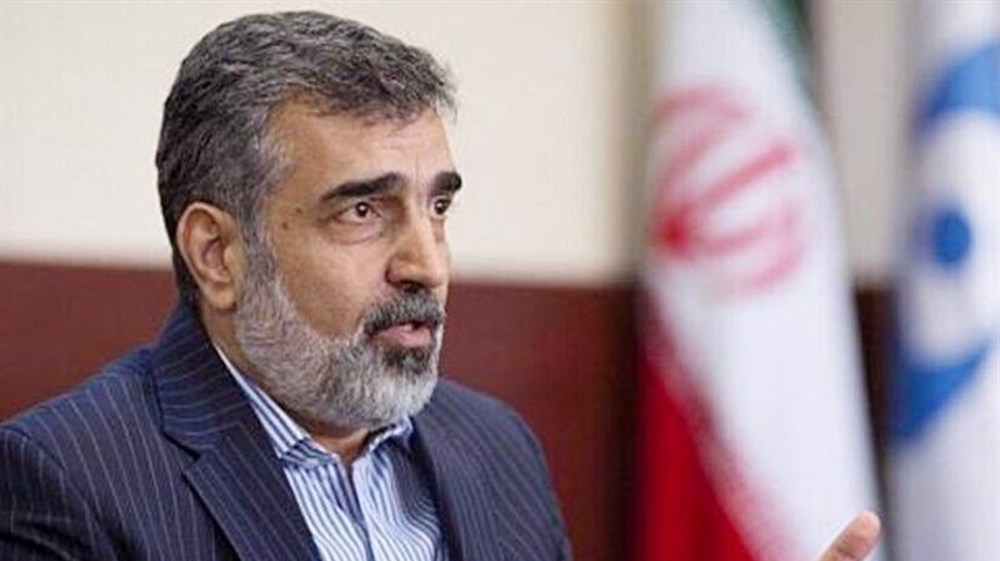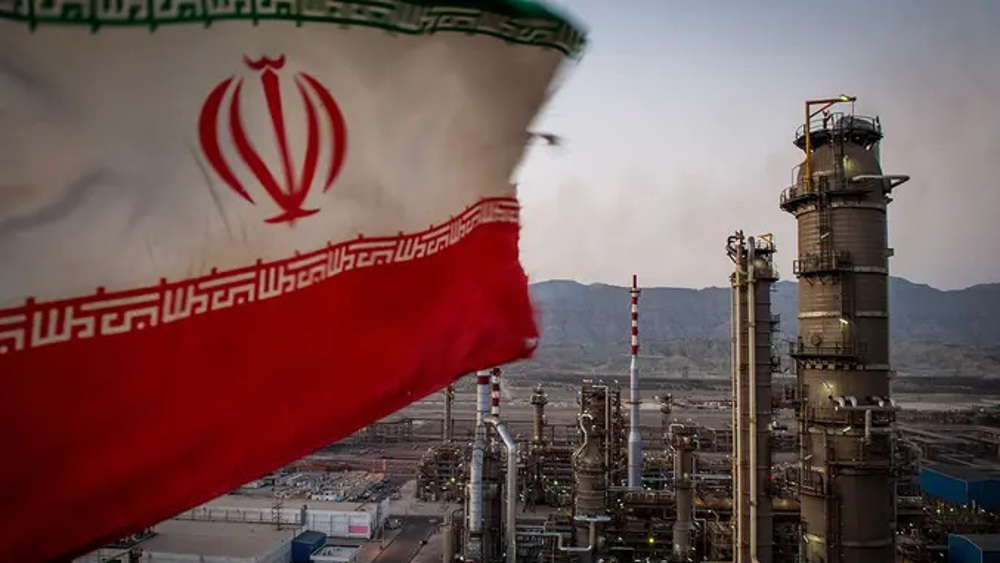Iran favors win-win nuclear deal with P5+1: Rouhani
Iranian President Hassan Rouhani says the country favors a “win-win” nuclear deal with the P5+1 states, expressing hope that Tehran’s negotiating sides would show the necessary political resolve for the settlement of the nuclear case.
Addressing foreign diplomats and ambassadors in Tehran on Tuesday evening, Rouhani said the Islamic Republic “has always believed in a win-win accord for the nuclear issue, and is still emphasizing such an agreement.”
“The Islamic Republic of Iran has exhibited the necessary flexibility in resolving the [nuclear] issue politically, and we hope that our negotiating sides would also show the required political will more than before to settle this issue,” added the Iranian president.
Rouhani further stated that Iran’s foreign policy has its roots in constructive interaction with the word, adding that Tehran’s relations with other countries, including with its neighbors, have improved under such an approach.
“Given the nuclear dossier, we have also managed to direct the negotiations to be constructive, and put the case on the track of...clinching an agreement between the two sides,” he pointed out.
Negotiations over Iran’s nuclear file
Iran and the P5+1 countries – Russia, China, France, Britain, the United States and Germany – are seeking to seal a high-profile political deal by the end of March and to confirm the full technical details of the accord by July 1.
The scale of Iran’s uranium enrichment and the timetable for the removal of anti-Iran sanctions are seen as the major stumbling blocks in the talks.
Iran has so far suspended some of its enrichment program in return for certain sanctions relief.

Security threats in Middle East
President Rouhani also lambasted the spread of insecurity across the Middle East, blaming foreign interventions for the growth of the scourge.
“We believe that all regional countries should help each other for the sake of the region’s development, stability and security,” he said.
The Iranian president further mentioned intervention of foreign powers in the region’s affairs as one of the reasons behind rampant instability, adding that poverty together with low scientific progress and weak planning have also pushed the region to towards instability.
MP/MKA/SS

US intel report: Iran ‘not building nuclear weapon’

Iran warns against ‘adverse’ consequences of West’s undue pressure

US imposes new round of sanctions against Iran
Israel plans to cut off Rafah from rest of Gaza by establishing new corridor
Araghchi says no round of talks held between Iran and US
Rocket barrage launched from Gaza strikes Israeli port of Ashdod
Iran’s gas oil production up by over 8% in H2 last calendar year
VIDEO | Press TV's News Headlines
Rafah 'wiped off the map' by Israel's ethnic cleansing campaign
VIDEO | Yemen accuses US of targeting civilians in Eid airstrike
Iran posts $14.6bn trade deficit for calendar year to late March







 This makes it easy to access the Press TV website
This makes it easy to access the Press TV website